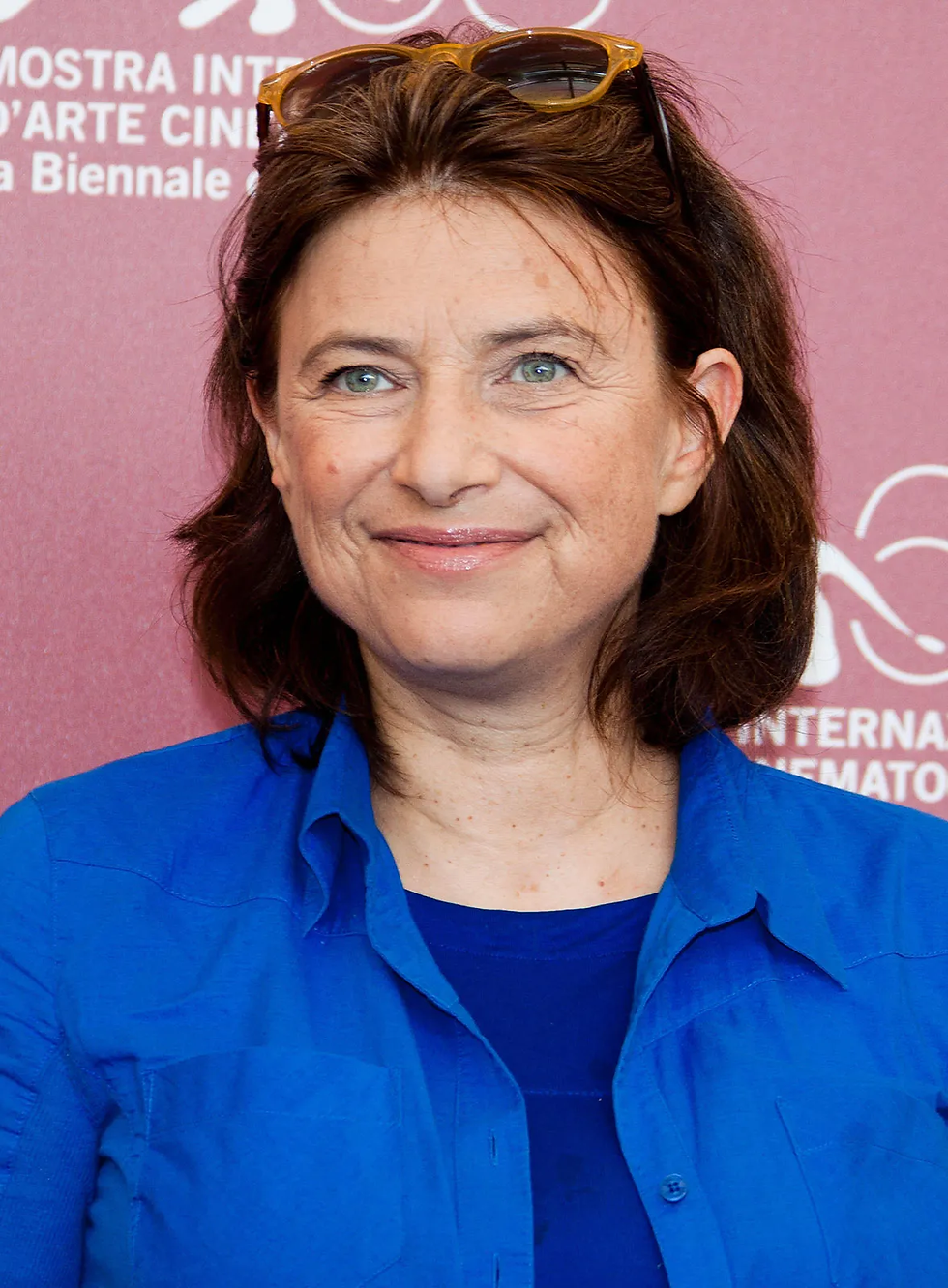Chantal Akerman Feminism
- Chicago Women Film Institute
- Jul 19, 2025
- 3 min read
While Chantal Akerman may not have been a widely recognized name, few filmmakers have had such a broad influence.
Born in Belgium, Akerman was often compared to Orson Welles, Jean-Luc Godard, and Rainer Werner Fassbinder for her diverse style and the sharp intelligence she infused into both the formal and thematic aspects of her films. Critic Dennis Lim noted in a 2010 essay in The Times: “Chantal Akerman’s great subject is dislocation: the difficulty of fitting in, of feeling at home, of being.”
Akerman, whose work combined commercial, avant-garde, and political elements, passed away on Tuesday in Paris. Her death was confirmed by Artemis Productions in Brussels, though no further details were provided, according to the Associated Press.

Her reputation was cemented by her second feature, “Jeanne Dielman, 23 Quai de Commerce – 1800 Bruxelles,” which debuted at the 1975 Cannes Film Festival shortly before her 25th birthday. The film is regarded as a landmark for its detailed portrayal of the seemingly mundane aspects of housework, as well as the underlying anxiety and anger.
In this 201-minute film, actress Delphine Seyrig portrays the titular character, a widow who navigates her daily routines, cares for her teenage son, and works as a prostitute.
In a 2004 review of Akerman’s work for a Los Angeles retrospective, Times critic Manohla Dargis noted that “the standard line on ‘Jeanne Dielman’… is that it’s a feminist classic, a designation that’s both perfectly true and reductive.”
Akerman concurred with this description. “I do think it’s a feminist film because I give space to things which were never, almost never, shown in that way, like the daily gestures of a woman. They are the lowest in the hierarchy of film images,” she stated in the Times article.
Highlighting Akerman’s enduring influence, playwright Annie Baker remarked: “Akerman was doing something with pace and composition and time that I’d always wanted to do but had been too chicken to acknowledge or go toward. Watching this made me realize that you should make the kind of art you want to see, which sounds kind of obvious but was a big revelation to me at the time.”
Born in Brussels on June 6, 1950, Akerman created her first short film, “Blow Up My Town,” in 1968 at the age of 18. As a teenager, she was inspired by Jean-Luc Godard’s work and only briefly studied film formally.
Her first feature was 1974’s “I…You…He…She.” Other works included “News From Home” (1976), “The Meetings of Anna” (1978), “All Night Long” (1982), “I’m Hungry, I’m Cold” (1985), the musical “Golden Eighties” (1986), “From The East” (1993), and “Portrait of a Young Girl From the Late Sixties in Brussels” (1994).
In 1996, she made “A Couch In New York,” featuring Juliette Binoche and William Hurt, followed by 1997’s “Chantal Akerman by Chantal Akerman.” After a series of documentaries, she created 2011’s “Almayer’s Folly” based on a novel by Joseph Conrad.
In 2011, she joined the faculty of the City College of New York.
Akerman’s final film, “No Home Movie,” was an essay about her mother, an Auschwitz survivor who passed away in 2014. The film premiered at the Locarno Film Festival in Switzerland in August and is set to have its U.S. premiere on Wednesday as part of the New York Film Festival.
The film was also featured at the recent Toronto International Film Festival.
“Chantal Akerman was one of the greatest filmmakers and artists of our time,” stated the Toronto festival organizers. “Daring, original, uncompromising, and in all ways radical, Akerman revolutionized the history of cinema not only with her masterpiece ‘Jeanne Dielman, 23 quai du Commerce, 1080 Bruxelles’ but also with the sustained urgency of her brilliance.”



Comments